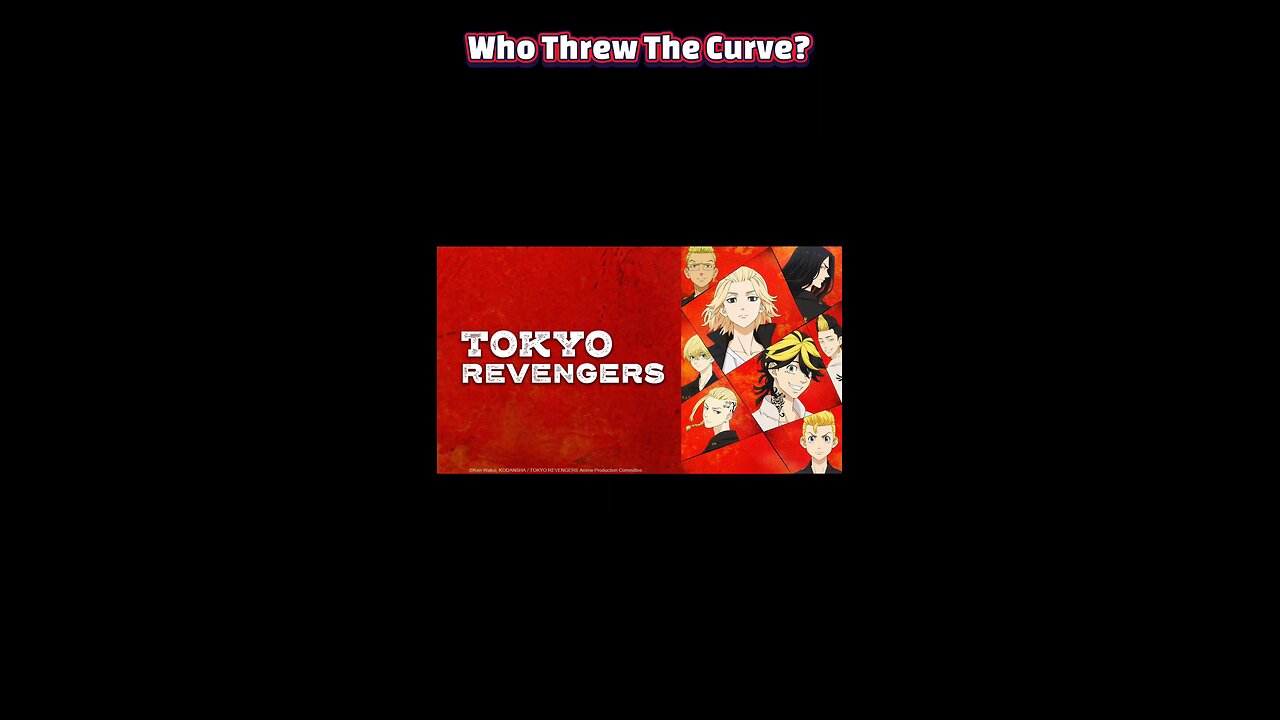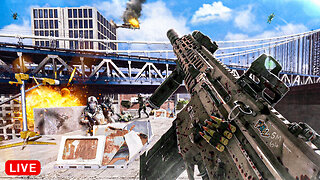Premium Only Content

Tokyo Revengers: The Ending That Broke the Timeline (and the Fandom)
#TokyoRevengersExplained #AnimeEndingDebate #TakemichiTimeTravel #MikeyRedemptionArc #AnimeControversy #TokyoRevengersFinale #TimeTravelGoneWrong #AnimeBreakdown #MangaTwist #EmotionalDamageAnime
Tokyo Revengers concludes with a final arc that collapses several timelines into a surprising reset, delivering both reunions and unresolved questions. Takemichi repeatedly leaps through time and, after a climactic confrontation in which he is mortally wounded, he travels back again to a point when he and Mikey are children, bringing Mikey’s recovered memories with him and using that chance to prevent many of the tragic events that defined earlier timelines. The series ends with a rebuilt present where many characters survive and rebuild their lives, and with Takemichi and Hinata’s future suggested to be peaceful and hopeful.
The ending sparked immediate controversy because it leans heavily on another major timeline rewrite and a final decision that feels like a hard reset of previous sacrifices and tragedies. Fans criticized the finale for canceling much of the series’ moral weight: long arcs of loss, redemption, and consequence are largely undone when Takemichi and Mikey manage to go back and save friends who had died in prior timelines. That perceived reversal left some readers feeling that the emotional stakes that powered the story were undercut rather than resolved.
Beyond the timeline reset, the last chapters reunite nearly every major character and show them in new, often peaceful roles, which some critics called a deus ex machina because it resolves nearly every major conflict without the messy costs previously established. The narrative treats the reunion and recovery of characters like Draken, Emma, Shinichiro, and others as the product of Takemichi and Mikey’s final time jump, effectively giving the cast second chances and sweeping away many earlier tragedies, which intensified debates about the ending’s thematic coherence.
Readers who accept the final reset find a bittersweet, hopeful resolution: the characters emerge into lives that reflect growth, reconciliation, and ordinary happiness rather than endless cycles of gang violence. Former gang members are shown working legitimate jobs, pursuing families, and supporting one another in civilian roles, while Takemichi’s mission concludes with the sense that his persistence changed fate and allowed people to live differently. That interpretation treats the finale as a statement about the value of fighting for other people’s futures even when the costs are unclear.
Those who reject the ending argue that the story’s power came from its willingness to make painful, irreversible choices, and that the reset diminishes the consequences that shaped characters’ growth. The debate over Tokyo Revengers’ conclusion therefore centers on whether the final chapter is a rewarding emotional closure that honors hope and friendship, or a disappointing narrative erasure that shortcuts the hard-won meaning of earlier loss. The series ends as a polarizing work that leaves readers weighing redemption against narrative payoff, and discussing whether time travel can ever be used to neatly fix the human costs it creates.
-
 1:20:43
1:20:43
vivafrei
5 hours agoLive with Shawn Farash! Trump Impersonator and Conservative Activist! Viva Frei Interviews!
108K38 -
 1:43:44
1:43:44
The Quartering
5 hours agoFat Acceptance Is So Over, Church Attendance Surges, Tim Pool Water, D&D Is Full Woke Trash!
118K25 -
 LIVE
LIVE
LFA TV
20 hours agoBREAKING: JOHN BOLTON INDICTED! | THURSDAY 10/16/25
1,149 watching -
 LIVE
LIVE
freecastle
6 hours agoTAKE UP YOUR CROSS- Don't be deceived: God isn't mocked, for whatever one sows, will he also reap!
108 watching -
 1:10:28
1:10:28
The White House
4 hours agoPresident Trump Makes an Announcement, Oct. 16, 2025
30.9K34 -
 3:49:52
3:49:52
Right Side Broadcasting Network
8 hours agoLIVE: President Trump Makes an Announcement - 10/16/25
110K33 -
 LIVE
LIVE
StoneMountain64
5 hours agoBattlefield 6 is just TOO FUN
176 watching -
 14:51
14:51
Dr. Nick Zyrowski
3 days agoWho Should Follow A Low Carb Diet? (Surprising Answer!)
22.6K3 -
 1:16:41
1:16:41
Steven Crowder
9 hours agoFacts Based "Racism" | Black & White on the Gray Issues Pt. 2
384K1.48K -
 1:02:50
1:02:50
DeVory Darkins
6 hours ago $26.65 earnedDemocrats HUMILIATED during painful town hall as Federal Judge drops desperate ruling
112K127